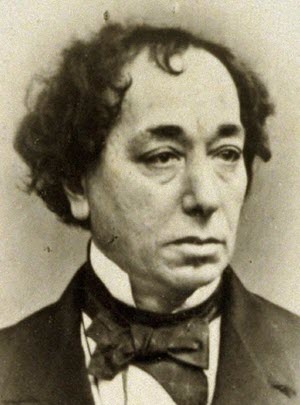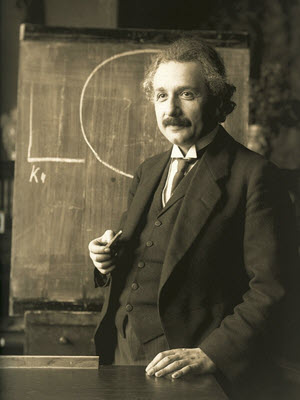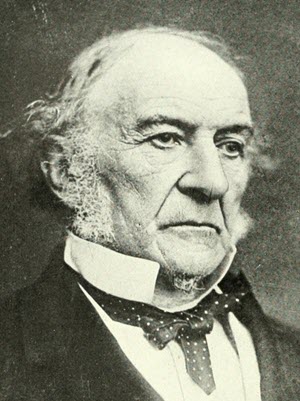| |
Date |
Event(s) |
| 1 | 1837 | - 20 Jun 1837—22 Jan 1901: Queen Victoria's reign

Victoria was Queen of the United Kingdom of Great Britain and Ireland from 20 June 1837 until her death. On 1 May 1876, she adopted the additional title of Empress of India.
Victoria inherited the throne at the age of 18, after her father's three elder brothers had all died leaving no surviving legitimate children. She became a national icon who was identified with strict standards of personal morality. Victoria married her first cousin Prince Albert. After his death in 1861, Victoria plunged into deep mourning and avoided public appearances. As a result, republicanism temporarily gained strength but in the latter half of her reign, her popularity recovered. Her Golden and Diamond Jubilees were times of public celebration.
|
| 2 | 1874 | - 20 Feb 1874—21 Apr 1880: Benjamin Disraeli - 42nd British Prime Minister

Benjamin Disraeli, 1st Earl of Beaconsfield, (21 December 1804 – 19 April 1881) was a British statesman who twice served as Prime Minister of the United Kingdom.
Disraeli's new government enacted many reforms, including:
- the Artisans' and Labourers' Dwellings Improvement Act 1875, which made inexpensive loans available to towns and cities to construct working-class housing.
- the Public Health Act 1875, modernising sanitary codes through the nation,
- the Sale of Food and Drugs Act (1875)
- the Education Act (1876).
- the Factory Act meant to protect workers,
- the Conspiracy, and Protection of Property Act 1875, which allowed peaceful picketing
- the Employers and Workmen Act (1875) to enable workers to sue employers in the civil courts if they broke legal contracts.
As a result of these social reforms the Liberal-Labour MP Alexander Macdonald said, "The Conservative party have done more for the working classes in five years than the Liberals have in fifty."
|
| 3 | 1879 | - 14 Mar 1879: Albert Einstein born

Albert Einstein (14 March 1879 – 18 April 1955) was a German-born theoretical physicist who developed the theory of relativity, one of the two pillars of modern physics (alongside quantum mechanics). His work is also known for its influence on the philosophy of science.
He is best known to the general public for his mass–energy equivalence formula E = mc2, which has been dubbed "the world's most famous equation". He received the 1921 Nobel Prize in Physics "for his services to theoretical physics, and especially for his discovery of the law of the photoelectric effect", a pivotal step in the development of quantum theory.
|
| 4 | 1880 | - 23 Apr 1880—9 Jun 1885: William Ewart Gladstone - 43rd British Prime Minister

William Ewart Gladstone (29 December 1809 – 19 May 1898) was a British statesman and Liberal Party politician. In a career lasting over sixty years, he served for twelve years as Prime Minister of the United Kingdom, spread over four terms beginning in 1868 and ending in 1894.
Historians have debated the wisdom of Gladstone's foreign-policy during his second ministry. Paul Hayes says it "provides one of the most intriguing and perplexing tales of muddle and incompetence in foreign affairs, unsurpassed in modern political history until the days of Grey and, later, Neville Chamberlain."
|


